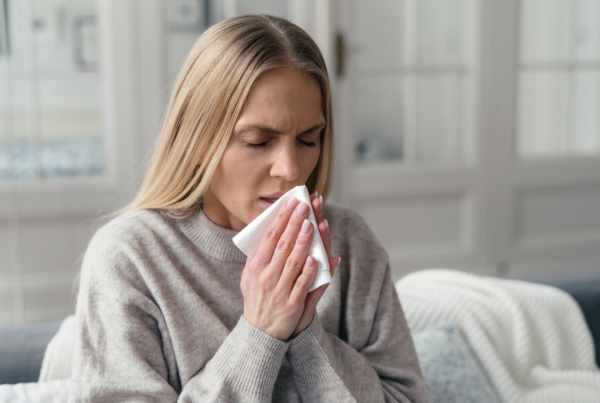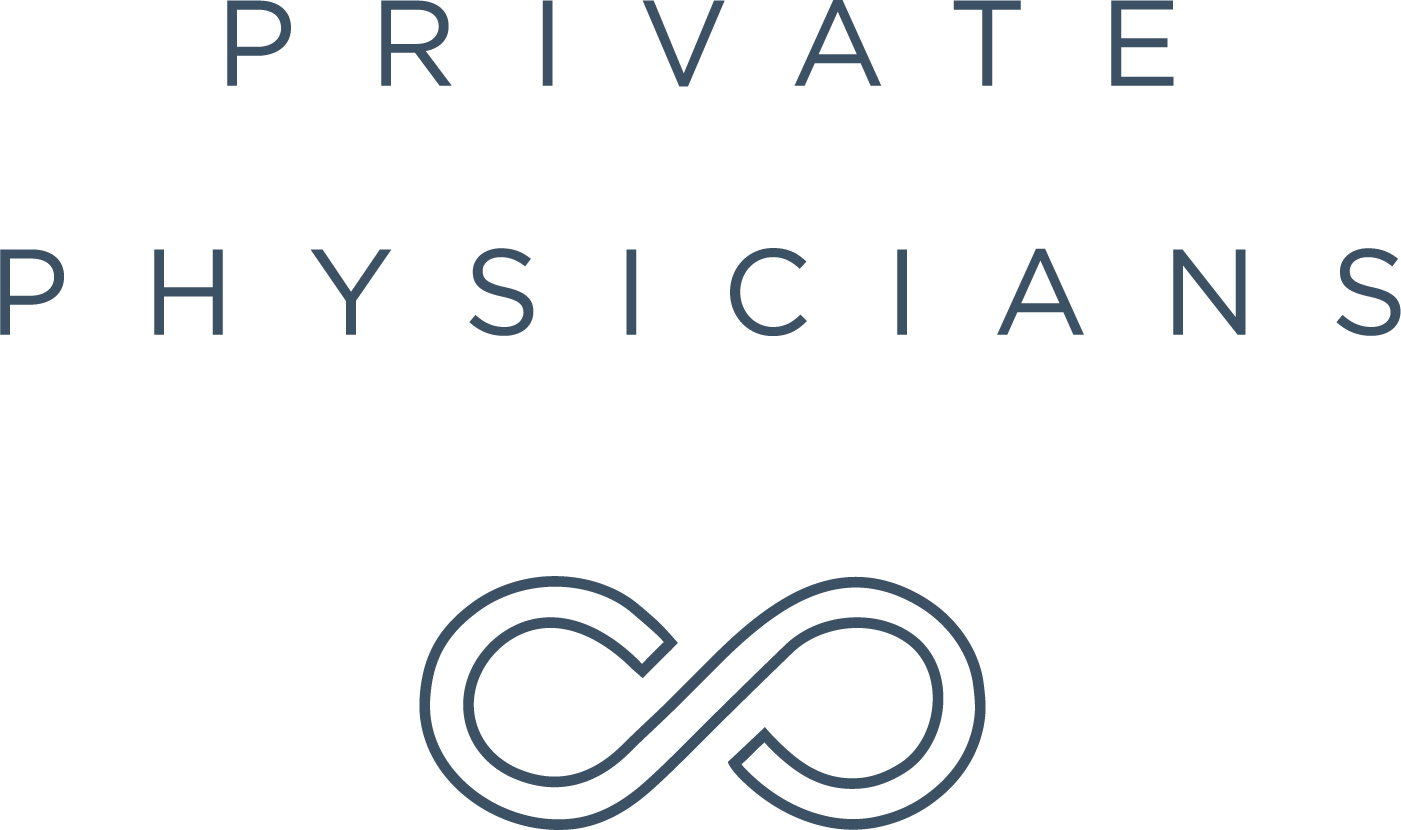We All Know That Stroke Is A Big Deal. But Are You Doing Anything To Reduce Your Risks?
This week’s blog continues the conversation around heart disease, specifically stroke.
Stroke falls under the umbrella of heart disease, along with high blood pressure and heart attack.
I want to share with you the five most important things that you need to do to reduce your risk of stroke, and the two conversations that you need to be having with your doctor today.
First Of All, What Is A Stroke?
Stroke is a medical term that is used to define the death of brain cells.
Just like in the heart attack, heart attack is the scientific term that we use to define the death of cardiac cells or heart cells.
There are two main categories of strokes:
1. Ischemic (90%)
2. Hemorrhagic (10%)
- Ischemic strokes are caused when an artery is blocked.
When Brain Cells Die, We Call That A Stroke.
There are two sub-categories of ischemic stroke which are embolic and thrombotic.
1. Embolic strokes: These are caused by a plaque, formed from cholesterol build up, that develops downstream and travels to blood vessels in the brain through the blood.
2. Thrombotic strokes: These are caused by a blood clot that develops within the brain’s blood vessels.
- Hemorrhagic strokes are caused by bleeding.
Less than 10% of strokes are hemorrhagic, but they are the deadliest.
Here Are The 5 Most Important Factors In Reducing Your Stroke Risk.
1) Improve your cholesterol numbers.
Total cholesterol really means nothing.
What we really need to be looking at is the numbers within the total cholesterol.
- HDL (good cholesterol) needs to be above 55 and as high as possible.
- LDL (bad cholesterol) and small dense LDL needs to be as low as possible, and under 100.
- Triglycerides need to be under 150, preferably under 100.
2) Lower your blood pressure.
Listen, a blood pressure that’s mildly elevated isn’t a problem today, or next week, or next month.
But, the long term wear and tear of having high blood pressure hitting the blood vessels in your brain is really devastating.
- By definition, hypertension is a blood pressure above 135/85.
Normal blood pressure is under 120 for the systolic (top number), and under 80 for the diastolic (bottom number).
3) Fix your diet.
Most of us are chronically eating things that raise blood sugar.
When your blood sugar is elevated, it triggers an insulin response which also increases all of the inflammatory markers in your body.
The best way to normalize your blood sugar is to limit your carbohydrate intake to low sugar fruits, and veggies.
- Eliminate or restrict bread, grains, rice, pastas, and soft drinks.
4) Stop smoking.
Smoking is a big, big deal.
Cigarette smoke is a toxin which irritates the lining of blood vessels and causes inflammation and weak, penetrable vessel walls where cholesterol embeds and forms plaques.
And, if you’re a diabetic that smokes, goodness, you are feeding the dragon of heart disease and stroke.
So please, I know it’s hard, but…
- You’ve got to find a way to quit.
5) Normalize your blood sugar.
The holy grail of weight loss and all diseases, is normalizing your blood sugar.
When your blood sugar is high, you are in a hyper insulin state, which causes diseases like heart disease to flare up.
Here Are Two Conversations You Need To Be Having With Your Doctor Around Stroke.
1. How can I normalize my blood sugar?
Strict carbohydrate control should be the backbone of your plan.
Carbohydrates raise blood sugar and cause a hyper insulin state, leading to insulin resistance, metabolic syndrome, and diabetes.
Not only does carbohydrate control treat the insulin phenomenon, improves your cholesterol numbers and decreases your waistline.
2. How can I stop smoking?
If you’re a smoker, there are two challenges that make it super hard to quit smoking.
- The first challenge is that you like smoking.
And the challenge with quitting an addiction like cigarettes or nicotine is that when you like it, it’s hard to quit.
- The second challenge is that you can’t wean off of cigarettes.
I actually know zero people who were able to wean off of cigarettes, zero. Quitting cold turkey is the only way to quit cigarettes because, if you’re trying to wean off and slow down, you’re always just one bad day away from ramping back up..
If you need some help, there are medications like Chantix which takes away the craving for nicotine. However, Chantix will not take away your love for cigarettes.
I hope you can see that stroke is a huge topic, and a massive killer.
By fixing your diet and quitting smoking you can prevent stroke.
There many other risk factors for stroke outside of diet and smoking that you need to be taking into consideration and talk to your doctor about.
- Taking blood thinners.
Many people take Coumadin to prevent clots from forming in your heart due to atrial fibrillation. However, blood thinners put you at an increased risk for bleeding, and hemorrhagic stroke. Only be on blood thinners if you need to be on them. They’re extremely effective but, at the same time, make them extremely dangerous. As with any medicine, measure the risks versus the benefits. Have these conversations with your doctor.
- Clotting disorders.
You need to have conversations with your doctor if you have a family history of blood clots. There are blood tests that you can run to see if you have any genetic predispositions for these conditions.
- Other genetic factors.
If you have a family history of sudden death or stroke at a young age, then you may want to talk to your doctor about getting at CAT scan or MRI to look for malformations in your blood vessels that may cause them to rupture. This is typically genetic, and you would have a family history as a trigger.
I hope you can see that stroke is serious, but preventable.
The Two Key Things You Can Do To Prevent Stroke Is Normalize Your Blood Sugar And Quit Smoking.
And if you have any family history that puts you in any increased risk for some of these types of strokes, talk to your doctor about additional testing you may need.
As always, thank you for your attention. It’a truly an honor for me to have it…
Please leave me your me your comments, questions, and let me know if there are other topics you would like me to discuss in future posts.
If you prefer video content, please be sure to subscribe to our YouTube channel. You can also listen to our podcast The Concierge Medicine Show on iTunes.
Take care —
Aaron Wenzel, MD

Dr. Aaron Wenzel is a concierge physician specializing in the care of fast-moving entrepreneurs, executives, and public figures in the Nashville, TN area. Dr. Wenzel’s diverse life experience and extensive training in family medicine, emergency care, nutrition, and hormone replacement therapies give him the unique platform to provide unmatched care for his patients.






Great talk thanks David
Glad you enjoyed, David.